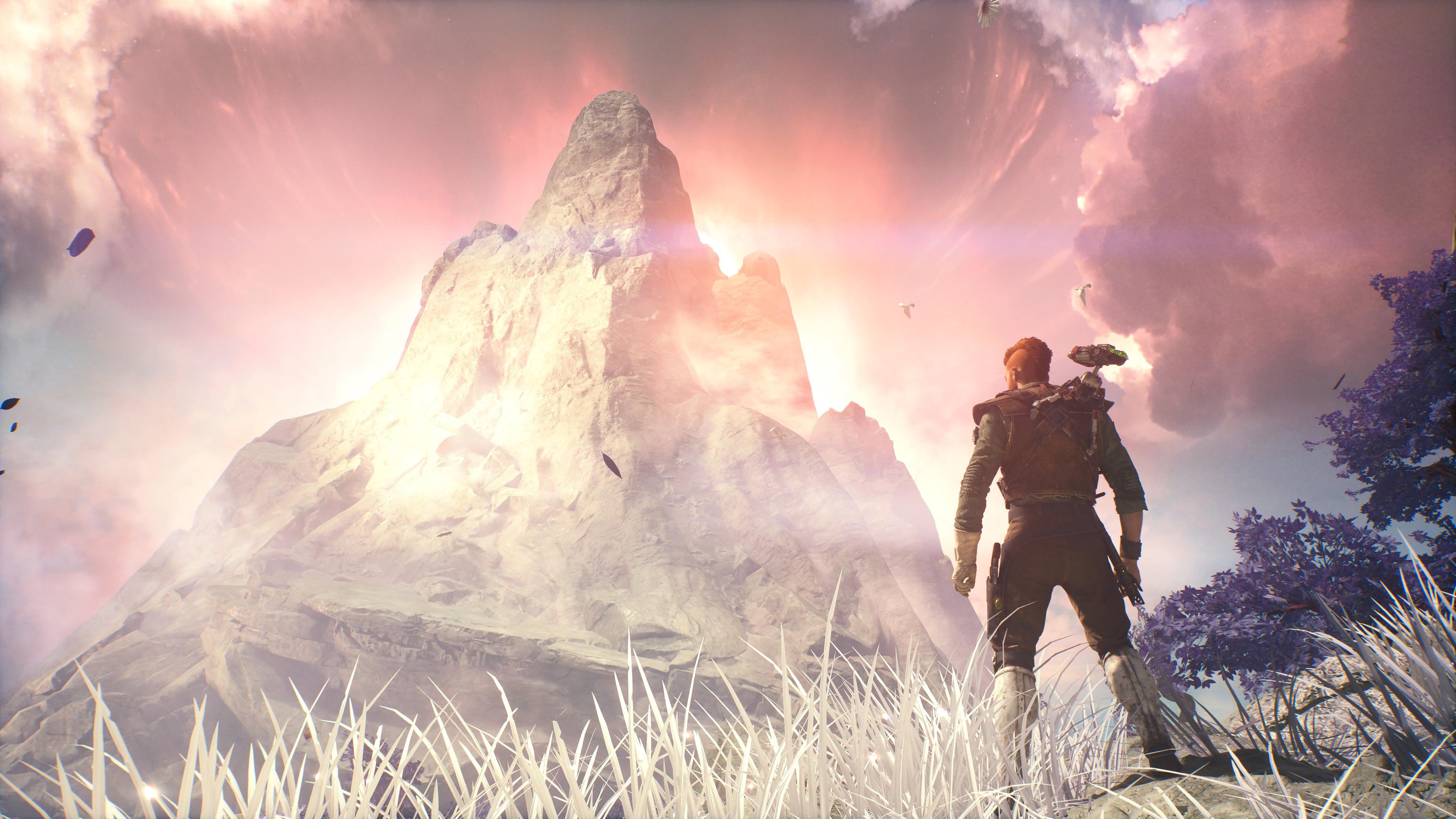Other games are fine, but Alyx crashes to desktop every 10 minutes or so, or sometimes even restarts.
At first I couldn't even get past the menu. Googling told me to update the Oculus software on my PC, which got me into the game.
But the crashes persist.
This is a not-uncommon problem. Other suggestions online include:
- Updating drivers for headset/GPU/etc
- Verifying integriti of game files in Steam
- Increasing Windows VM max size (or ticking the box to let Windows handle it)
But none of these worked.
A lot of people suggested a hardware issue, and replacing my PSU or CPU or GPU might be needed. But I'd at least want to get some confirmation of which part is bad before spending the time and money replacing it.

